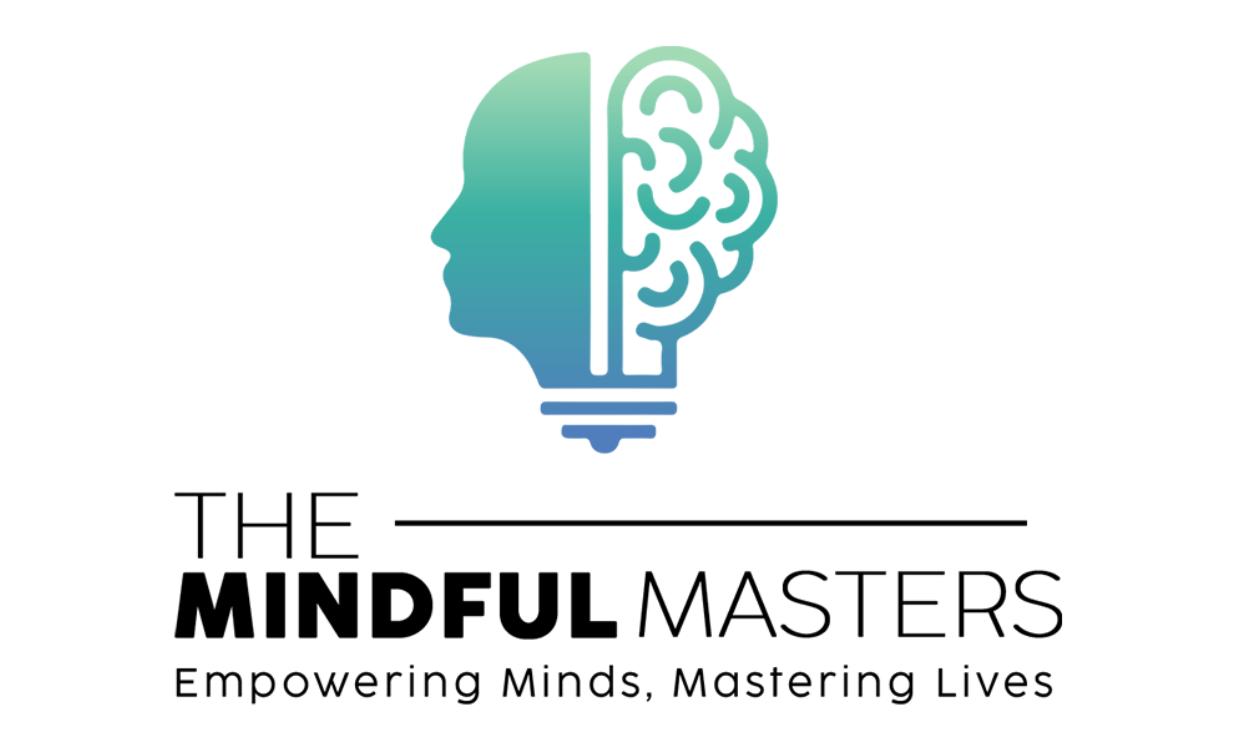Tired of Overthinking Everything? Try These NLP Mind Hacks

Overthinking isn’t just a habit as it’s a mental loop that hijacks your peace. Whether it’s replaying awkward conversations, doubting your choices, or imagining worst-case scenarios, it drains your energy and focus. That’s where NLP (Neuro-Linguistic Programming) steps in with practical tools to break the cycle. One powerful technique is the “pattern interrupt,” where you consciously disrupt the loop with a quick, unexpected action like clapping your hands or saying something silly out loud. It pulls your brain out of the spiral and brings you back to the present. The goal isn’t to suppress thoughts, but to redirect them.
Once the loop is broken, you can use NLP’s “Swish Pattern” to rewire your mental response. This technique helps you visually replace anxious thoughts with calm, empowering one’s brain to choose better. Pair it with anchoring: a method where you associate confident feelings with a physical cue, like tapping your wrist. Over time, your brain learns to shift gears faster. These aren’t just theories athletes and leaders use in real-time pressure moments. Try this 5-minute NLP exercise today and notice how your mind starts shifting from chaos to calm one small hack at a time.
Rewire Your Mind: NLP Tricks to Silence the Noise in Your Head
That nonstop voice in your head, the one constantly replaying moments or planting self-doubt, is not actually you. It is a pattern your brain has learned over time. NLP, or Neuro-Linguistic Programming, helps you become aware of this internal dialogue and teaches you how to change it. One key concept is understanding submodalities, which are the qualities of your thoughts like volume, tone, and visual clarity. By adjusting these, you can instantly reduce the emotional weight of your overthinking. For example, turning down the loudness of a negative thought or making a scary image smaller can create immediate relief.
Once you start noticing how your internal language works, you can begin to reframe limiting beliefs. A simple shift from saying I cannot stop thinking to choosing where my focus goes can make a big difference. NLP visualization exercises allow you to take control of mental loops, like replacing stressful images with calming scenes. You can also use easy scripts to rewire common overthinking moments, such as work stress or overanalyzing a text. These small shifts build powerful habits. Reprogram your self-talk for clarity and focus by starting with this simple daily affirmation script and begin experiencing a more peaceful mind.
Once you learn to calm the noise in your head, the next step is learning to guide yourself through it—start with what self-coaching really means (and why it matters).
Join the Fun and Take on the 5-Question Reality Check Challenge to Gain Insight into Your Current Situation!
Think Less, Live More: NLP Tools to Calm Your Racing Mind
Overthinking quietly steals your focus, peace and even your sleep. It often comes from fear of failure judgment or making the wrong move. NLP or Neuro Linguistic Programming helps you recognize this reaction and gently shift away from it. One effective tool is the Meta Model which teaches you to question the thoughts behind your anxiety. For example if you often think I am not good enough for this project, NLP helps you break that down by asking who says you are not good enough and based on what. This kind of mental clarity quickly cuts through the noise.
Another way to calm your racing mind is by combining NLP with simple breathwork. Take a few deep breaths while repeating a calming phrase like I am grounded and focused. This trains your body and mind to slow down together. You can also build mental filters using NLP by choosing what you want to focus on like opportunities instead of obstacles. Many professionals use this before important meetings or presentations. Add small lifestyle changes such as screen free mornings or mindful walking and you will begin to notice a clear shift. Use these NLP and mindfulness practices daily to feel more in control mentally emotionally and energetically.
Comments
-
Rohan Mehta
Bro this blog actually spoke to me 😅 I overthink literally everything from replying to texts to big life stuff. The NLP part made it feel like I finally have a way out. Gonna try that pattern-breaking trick next time my brain goes on a loop. Appreciate you for keeping it real here 🙌
One response to “Tired of Overthinking Everything? Try These NLP Mind Hacks”

About the Author
Tapan Gupta is a Master Coach and the founder of The Mindful Masters. With a deep understanding of mindfulness, emotional intelligence, and personal growth, Tapan has guided countless individuals on their journey to self-discovery and transformation. His approach is rooted in practical mindfulness techniques that empower his clients to overcome challenges and achieve their fullest potential.

About the Author
Tapan Gupta is a Master Coach and the founder of The Mindful Masters. With a deep understanding of mindfulness, emotional intelligence, and personal growth, Tapan has guided countless individuals on their journey to self-discovery and transformation. His approach is rooted in practical mindfulness techniques that empower his clients to overcome challenges and achieve their fullest potential.
Find me on:
Related Blogs
Before That Interview or Date, Talk to Yourself Like This
The way you talk to yourself before important moments like interviews or dates can make a huge difference in how…
Scrolling Too Much? Mindfulness Might Be Your Exit Plan
Endless scrolling through social media might feel like a harmless way to pass time but it actually takes a heavy…
Your Emotions Are Costing You Energy—Here’s How to Handle Them
Emotions like stress, anger and anxiety can quietly drain your mental and physical energy without you even noticing. When emotions…
Tired of Overthinking Everything? Try These NLP Mind Hacks
Overthinking isn’t just a habit as it’s a mental loop that hijacks your peace. Whether it’s replaying awkward conversations, doubting…
What Self-Coaching Really Means (And Why It Matters)
Sometimes, even when you’re putting in all your effort, you still feel stuck — and that’s okay. As a coach,…
Ask These 5 Questions Before Making Decisions: A Guide to Clarity and Confidence
Before making any significant decision, ask these five essential questions to ensure your choices align with your values and long-term…





Leave a Comment